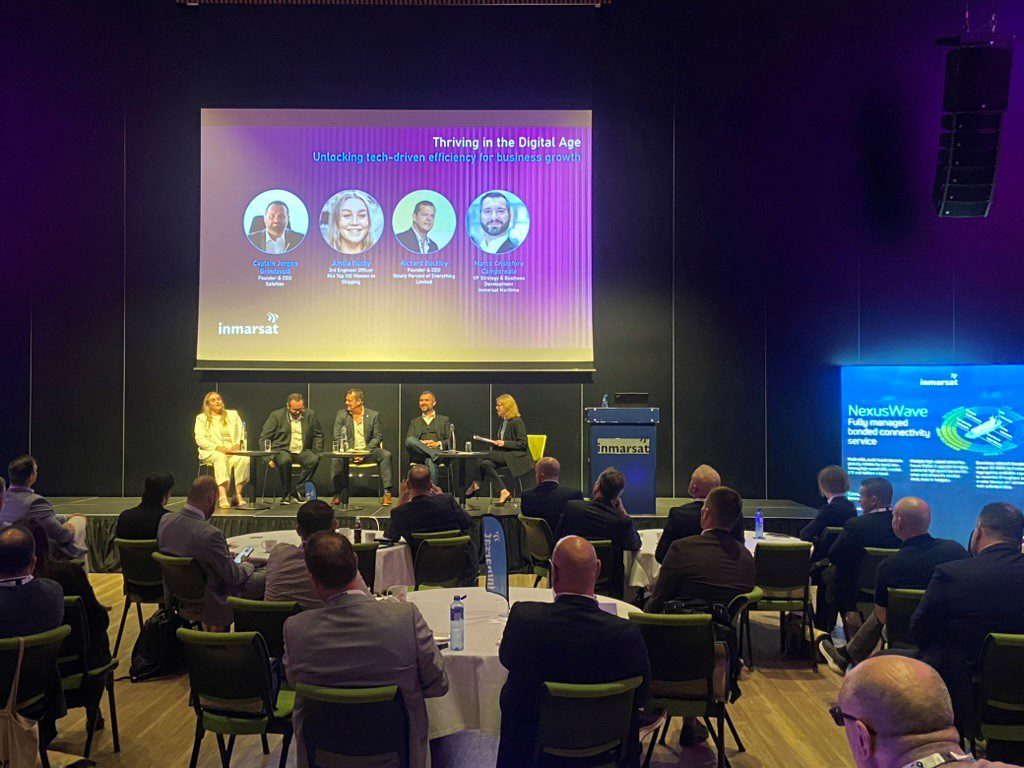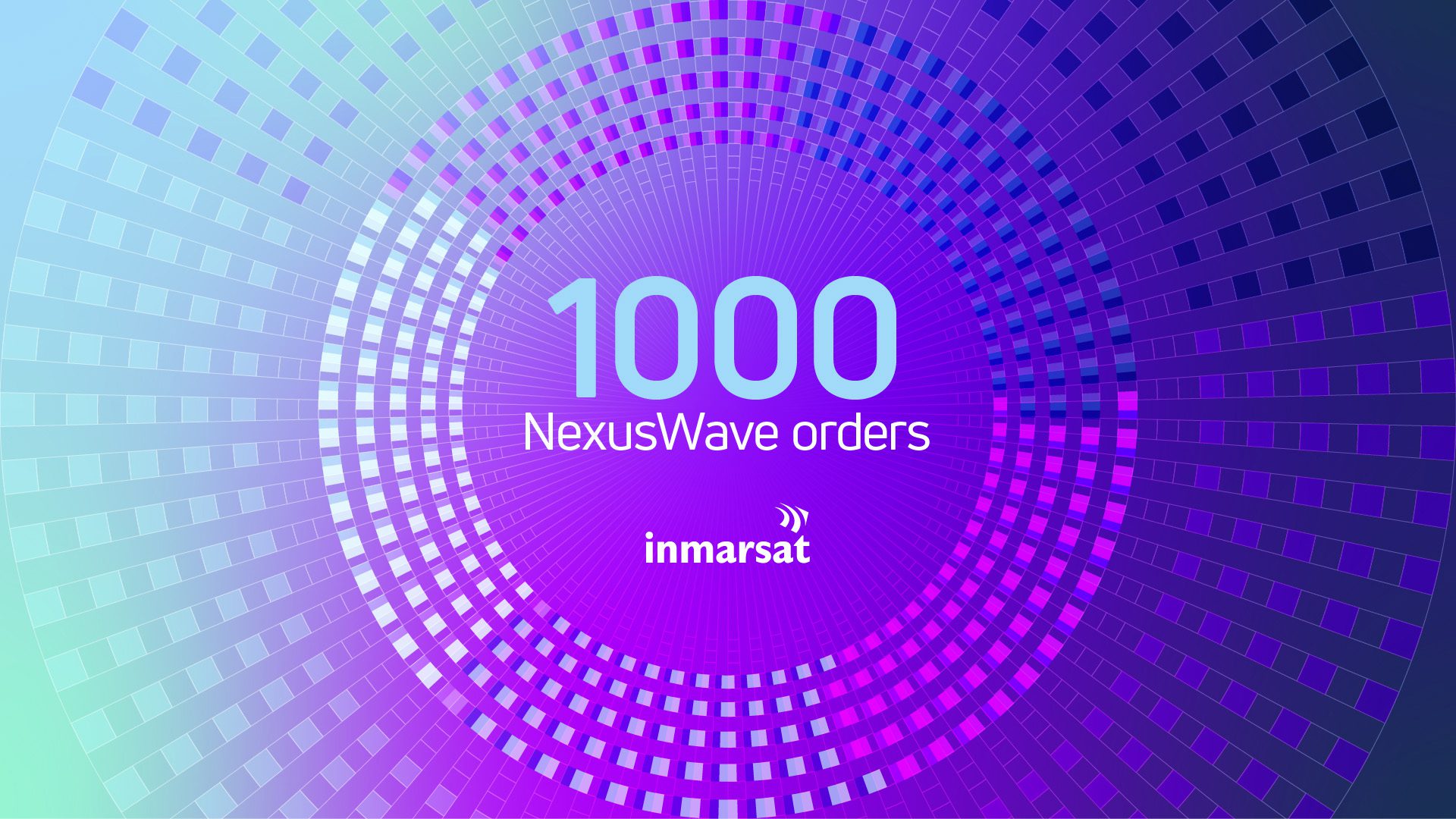Brian Coyne, Managing Director, Americas at KPI OceanConnect shares his insights with gCaptain on the global bunkering market, and the importance of building transparent, trusted partnerships in bunkering.
At the beginning of 2020, compliance, quality, availability and compatibility of marine fuels were major concerns for the shipping industry. Once the Covid-19 pandemic began, unforeseen risks increased across the supply chain and created further complexities for maritime and offshore businesses.
In hindsight, perhaps the biggest long-term change will be the withdrawal of many commodity-focused banks from the market. This is mainly due to the losses they sustained in recent years from the financial malpractice of certain infamous marine fuels players, as well as a perceived need to reduce their exposure to cyclical markets that are facing increased regulation and greater capital requirements.
The departure of well-known names, such as ABN AMRO, Rabobank and BNP Paribas, has led to a decline in capital availability for all but the most trustworthy and well-run players. For shipowners and operators, this has created additional costs, as well as liquidity and transactional complexities. For fuel buyers, it has reinforced their understanding of why they need trusted, expert marine fuel counterparties.
Moving towards 2030
There are exciting years to come in terms of looking at different pathways for shipping. IMO 2020 has once again changed the way that ships manage differing fuel products, and created an inherently more complex procurement landscape.
Safety, compatibility, and compliance have become more interlinked than ever before. Finding the right fuel, at the right time, for the right vessel has become substantially more challenging – especially outside the major hubs. Price is still fundamental, but there are more considerations beyond the cost of the fuel, for example, how does the counterparty resolve disputes?
We have not seen as many quality claims as some analysts expected, but some of the issues on quality and availability that sparked concerns in 2019 may surface in the coming months as the world starts to recover from Covid-19. Distillate demand and price increases in non-maritime industries may also create challenges, especially if unscrupulous suppliers start using cheaper components for blending.
As oil prices have been predicted to increase further this year by ourselves and other financial institutions, we can expect higher bunker prices and increased volatility. April 2020 had the lows of the Covid-19 market with monthly averages close to $225 MT in the primary ports. By March 2021, the market experienced more than a 100% increase in the monthly averages for VLSFO with averages closer to $500 MT. With higher cost, there is greater incentive for unscrupulous suppliers to use cheaper and potentially less suitable blend components that can have a catastrophic impact on ships’ safety and operations.
When I speak to our clients, those who have worked in partnership with reputable marine fuels suppliers have managed the risks and successfully handled the compliance challenges of IMO 2020. For the vast majority of our clients, once we get to the other side of Covid-19, their biggest challenge going forward will be the IMO’s 2030 and 2050 ambitions. We will be with them every step of the way to ensure their vessels have the energy they need and the necessary compliance measures in place. We have recently concluded our first carbon offset transaction, and expect to be able to formally launch this service globally soon.
At KPI OceanConnect, we have the technical and local expertise, global experience, as well as financial and organizational strength required to support shipowners and operators. As traders, we provide not only fuels but also solutions and intelligence. For the immediate term, we continue to follow the development of different fuels, and fully expect our energy mix to be very different in 2031.
We hold a prime position in helping to facilitate the energy transition and have a responsibility to help guide our customers through these transitionary periods. Naturally, the industry will call for more transparency, so having closer, partnership-based relationships with suppliers built on trust will unlock greater opportunities for all stakeholders. Through greater regulation, quality assurance, and enforcement, we can ensure a smooth transition for 2030 and 2050.
Sign up for our newsletter

 Join The Club
Join The Club











